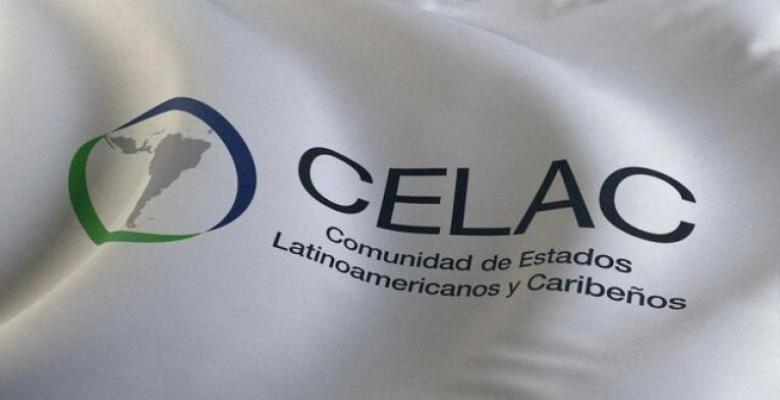EDITORIAL: CELAC is Alive
especiales

The IX Summit of the Community of Latin American and Caribbean States (CELAC), to be held on April 9 in Tegucigalpa, Honduras, takes on particular significance in the current regional landscape, marked by geopolitical tensions, economic challenges, and social crises affecting several countries across the continent. In times like these, strengthening independent coordination mechanisms like CELAC is essential to defending shared interests and seeking solutions from a sovereign and Latin American perspective.
Cuba’s presence at this gathering will not go unnoticed. The Caribbean nation arrives with a clear message: unity, integration, and the strengthening of the bloc. As stated by Juan Antonio Quintanilla, Director General of Multilateral Affairs and International Law at the Cuban Foreign Ministry, the goal is to consolidate CELAC’s role in addressing the challenges facing Latin America and the Caribbean, including migration, climate change, energy, and education—all issues of undeniable urgency that demand collective, coherent, and solidarity-driven responses.
True to its integrative and solidarity-driven vocation, Cuba will also use this summit to defend its sovereign right to develop in peace, free from external interference and the over six-decade-long blockade that has sought to suffocate its people. Denouncing the persistence of this hostile policy, as well as Cuba’s unjust inclusion on the list of states allegedly sponsoring terrorism, will be a key point of its intervention—part of the region’s legitimate demand for respect for its nations’ sovereignty.
The Summit will also serve as an opportunity to assess progress under Honduras’ pro tempore presidency, which assumed leadership of the organization in 2024 following the outstanding tenure of Saint Vincent and the Grenadines. The handover of leadership to Colombia opens a new chapter for CELAC, which must continue consolidating its internal structures, promoting inclusive dialogue, and strengthening its international influence as a bloc.
In this context, defending CELAC as a space for coordination will be a common cause for many attendees. This is not merely about rhetoric but reaffirming a political will for integration and cooperation that transcends ideological differences and strives for a fairer, more equitable, and sovereign region. CELAC has proven it can be an independent voice on the global stage, and this Summit is a pivotal moment to reaffirm that standing.
The gathering in Tegucigalpa should thus be seen as an urgent call to sustain and invigorate this integrationist project. Latin America and the Caribbean need, now more than ever, to move forward together—forging consensus and building alliances to confront shared challenges with solutions born from and for the region. Cuba, as always, will raise its voice for unity and for the right of our peoples to determine their own destiny, free from external guardianship.
Translated by Sergio A. Paneque Díaz / CubaSí Translation Staff













Add new comment